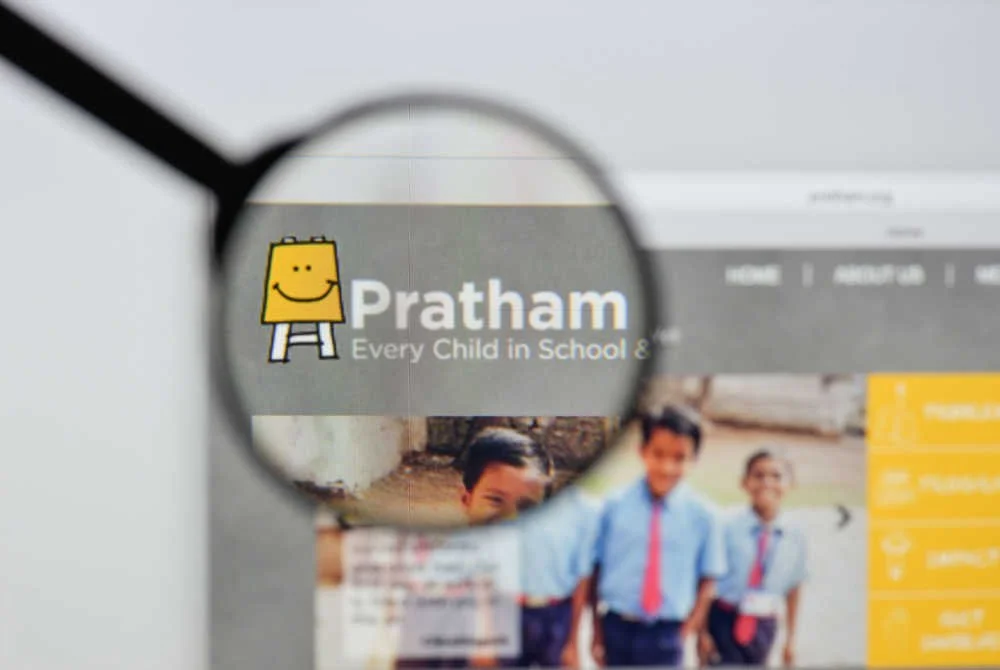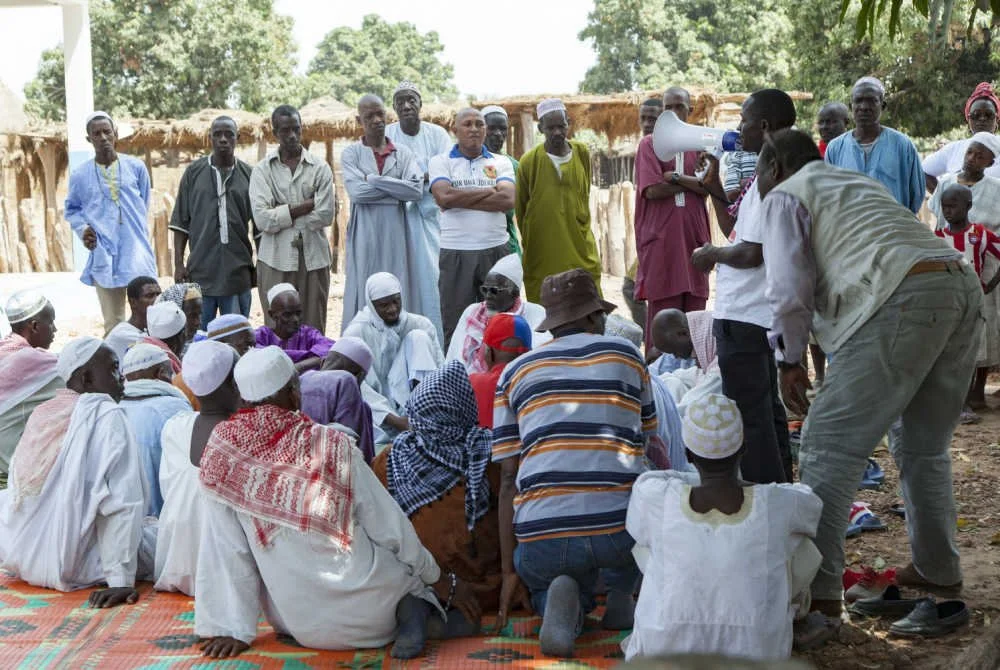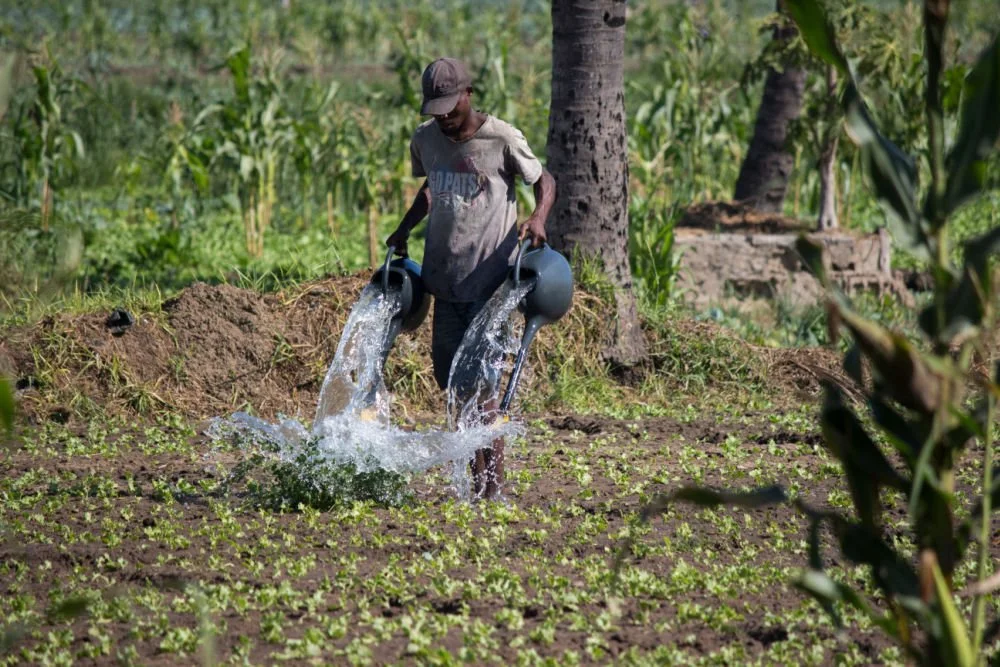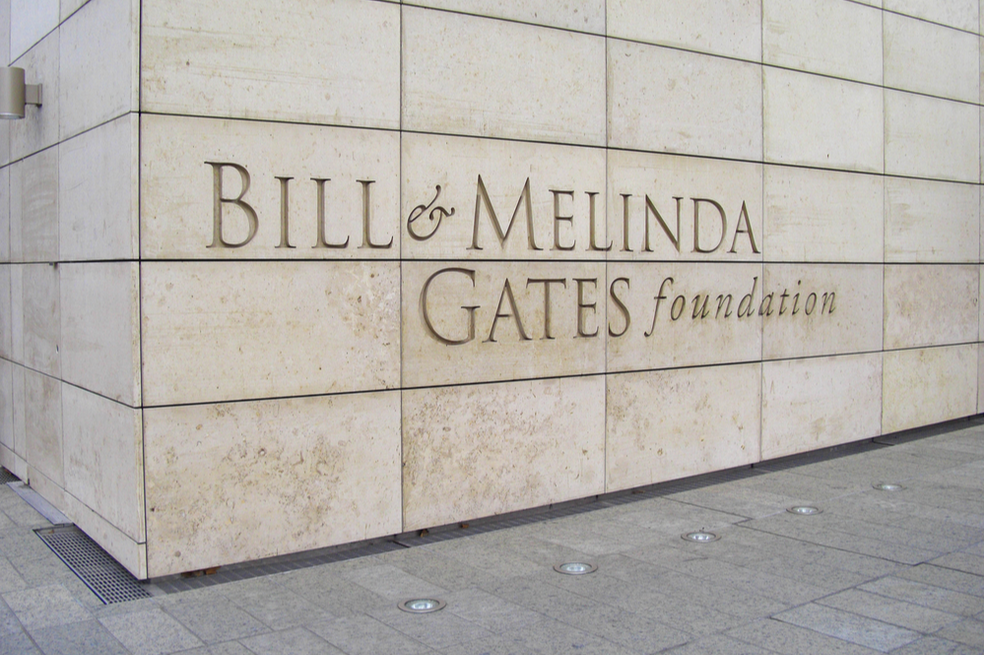The Citi Foundation's Global Push on Youth, Skills, and Jobs
/The Citi Foundation’s main philanthropic goals are to “promote economic progress and create measurable impact in low-income communities around the world.” Globally, the foundation’s main areas of focus are financial inclusion and promoting youth economic opportunities. Over the past few years, the foundation has typically backed programs where the global youth population and financial inclusion intersect.
Last year, for example, Citi contributed to Child and Youth Finance International (CYFI). Based in Amsterdam, Netherlands, CYFI is a global financial movement creating national platforms that emphasize young people in financial inclusion efforts. The group consists of thousands of partners across 132 countries including the MasterCard, GRSD, Skoll, and Citi foundations.
Related: A Global Push for Youth Financial Inclusion Gains Steam—and Some Big Backers
The global dialogue regarding the importance of incorporating children and young people in financial inclusion efforts has been growing over the past few years. While the Citi Foundation remains committed to its financial inclusion mission, its latest monster commitment emphasizes the ability of young people to earn money, though the issue of banking access will likely arise again.
Citi’s Pathways to Progress Program largely aims to reduce youth unemployment. Initially, this $50 million effort focused on 10 U.S. cities with the goal of providing access to jobs for over 100,000 young people through internships, business training, and leadership development. The expanded effort will continue to serve U.S. cities such as Chicago, Dallas, Los Angeles and New York. The program has also expanded globally to include cities like Beijing, Casablanca, Madrid, Mexico City, Mumbai, Johannesburg, and Warsaw.
Related: Expanding Horizons and Hope: The Logic of a Bank’s Funding on Youth Unemployment
The global expansion of the foundation's Pathways to Progress program doubles its previous financial commitment from $50 million to $100 million. The foundation hopes to connect with 500,000 young people ages 16 t0 24 by supporting and partnering with like-minded organizations.
In Mumbai, Citi is working with TechnoServe to establish a College Career Center. The center is helping over 1,200 young people transition from college to the workforce by offering job skills training, career counseling, and job placement support. It’s worth mentioning that TechnoServe has been gaining a ton of traction—not to mention millions in grants—from major funders such as the MasterCard, Rockefeller, and Coca-Cola foundations. The outfit isn’t new, it’s been around for more than 40 years, describing itself as a nonprofit that “develops business solutions to poverty by linking people to information, capital, and markets.”
Citi’s $100 million commitment also includes funding to expand Youth Business International’s work providing training, access to capital, mentoring, and business development services to over 5,000 young people in major European cities such as Paris, Milan, and Madrid.
Finally, the foundation will offer its support to Glasswing International’s training workshops and mentoring programs in major Central American Cities like San Salvador and Panama City.
In the past few years, we’ve noticed more funders joining in to tackle the global youth bulge. Right now, there are around 1.8 billion young people in the world ages 10 to 24, many of whom live in developing countries. This is the largest youth population ever, and many, if not most, young people are having a difficult time finding jobs. Unemployment is one of the reasons why countries with large youth populations are experiencing notable increases in violence, conflict, and crime.







































